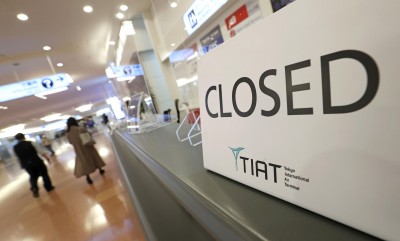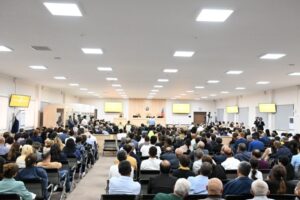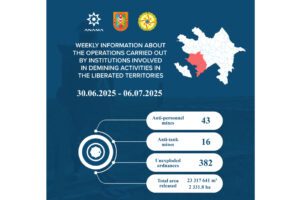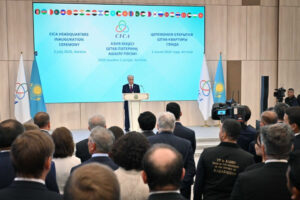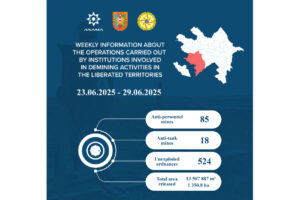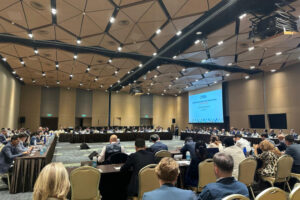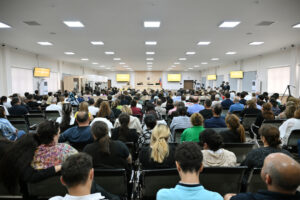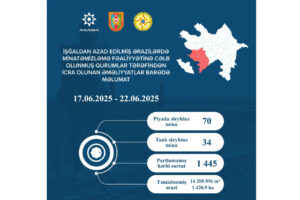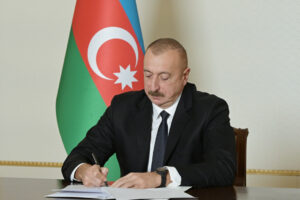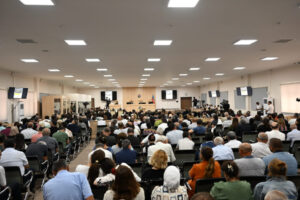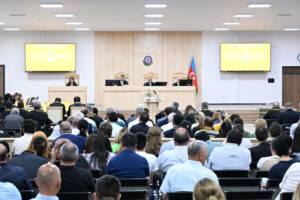Tokyo, 2 December, /AJMEDIA/
The Japanese government said Thursday it has withdrawn its request for airlines to completely stop taking reservations for inbound international flights this month in the wake of criticism the measure against the Omicron variant of the coronavirus goes too far.
Prime Minister Fumio Kishida admitted the transport ministry’s announcement the previous day had caused public confusion, telling reporters he instructed officials to “adequately take into account” people’s wishes to travel home.
Under the measure, Japanese citizens and foreign residents would not have been able to return until next year unless they already had reservations.
The government’s top spokesman, Chief Cabinet Secretary Hirokazu Matsuno, told a press conference the ministry has withdrawn the request. Following the move, All Nippon Airways Co. and Japan Airlines Co. said that they are preparing to take some new reservations for Japan-bound flights.
Wednesday’s request to airlines had come as Japan also lowered its daily cap for people arriving from overseas to 3,500 from 5,000.
The Omicron variant has a large number of mutations and scientists fear it may be more transmissible than previous strains of the coronavirus or be able to evade immunity provided by vaccines.
The World Health Organization has designated it a “variant of concern,” warning it is likely to spread globally and presents a “very high” risk.
Kishida has moved swiftly to prevent the Omicron variant from entering Japan, banning new entries of foreigners and beefing up quarantine rules on Japanese citizens and foreign residents returning from countries feared to have outbreaks, including South Africa, which first reported the discovery of the strain last week.
But the measures have also been criticized as going too far or for being discriminatory.
The WHO has urged countries not to impose blanket travel bans, saying they are ineffective in preventing the coronavirus from spreading and place a heavy burden on people’s lives.
Asked about Japan’s ban on new entries of foreigners, Michael Ryan, head of the WHO’s Health Emergencies Program, said at a press conference Wednesday, “Epidemiologically, I find it hard to understand the principle there. Does the virus read your passport? Does the virus know your nationality or where you are legally resident?”

